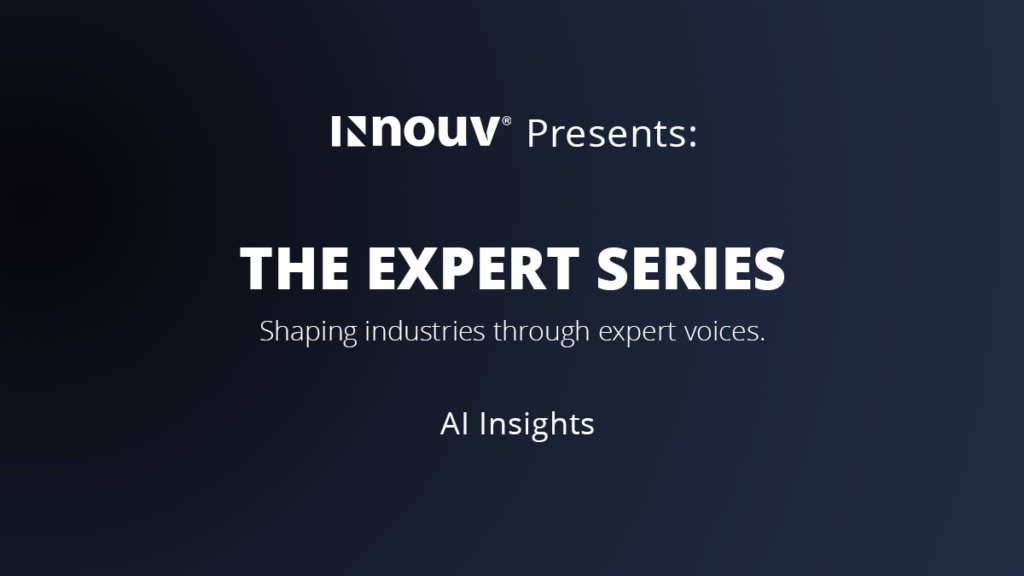
Having moved beyond unrealistic promises to embrace the reality that AI’s true value lies in practical, sustainable applications that strengthen existing business capabilities, the next crucial question for every business leader is how to implement applied AI in a way that delivers measurable results while also meeting the requirements of emerging AI legislation.
Let’s be honest. When the European Union’s AI Act came into full effect in 2024, it faced considerable criticism from business owners, entrepreneurs, researchers, developers, and consumers alike. Many feared it would slow progress or burden companies with excessive regulation. Yet, the AI Act is not the obstacle some imagine.
Far from stifling innovation or serving as a mere compliance checkbox, it establishes the guardrails that allow businesses to adopt AI responsibly and effectively.
Before the Act, too many organisations rushed into AI projects without truly understanding what they were building. They deployed systems they could not fully explain, relied on data they had not properly vetted, and operated with little oversight. Some got lucky, but many didn’t. The failures were expensive and, truthfully, carried reputational damage.
The AI Act has transformed this dynamic by requiring companies to fully understand their AI systems before deployment. Businesses must now know how these systems are trained, how they make decisions, and how they will be monitored once in operation. This is not about unnecessary bureaucracy; it is sound business practice that should have been standard from the start.
By demanding clarity and accountability, the Act ensures that organisations take a disciplined approach to AI, one that reduces risk, protects stakeholders, and builds long-term trust.
Throughout my career and in my writing, I have consistently emphasised that AI should benefit society as much as it benefits the bottom line, and the AI Act brings that principle into sharp focus by turning responsible innovation into a legal requirement rather than an optional aspiration. It compels leaders to think beyond short-term functionality and to design AI systems that are not only effective today but resilient and transparent for years to come.
Let me explain why taking a proactive approach to the AI Act is so valuable. First, AI literacy becomes a genuine priority at the leadership level.
Too many boardrooms still include executives who admit they do not fully understand the data or AI systems their companies rely on. Since the Act requires organisations to understand these systems, leadership teams must become educated.
The latter goes beyond just steering clear of regulatory issues, as knowledgeable executives are better equipped to make wise choices regarding investments and scaling strategies. Second, data governance stops being an afterthought. AI is only as strong as the data behind it, and the Act imposes rigorous standards for data quality and management. Companies that meet these standards discover that strong governance is a competitive advantage. Clean, well-managed data enables AI systems to perform more reliably, more transparently, and more convincingly, and customers notice the difference. Third, the Act encourages deliberate, sustainable innovation. Its requirements for transparency, risk management, and human oversight guide businesses toward AI implementations that are measurable and resilient rather than experimental and risky.
At NOUV, our approach is built entirely around these principles. We view regulation not as a barrier but as a framework for creating AI strategies that are trustworthy, effective, and enduring. Rather than treating the AI Act as a checklist, we help organisations integrate its requirements into the very foundation of their AI initiatives, from the earliest stages of strategy and design to ongoing monitoring and governance. We work closely with leadership teams to ensure that data quality, model transparency, and risk management are not isolated compliance tasks but part of a company’s core operating culture. By embedding these practices into everyday decision-making, businesses not only reduce regulatory risk but also build AI systems that inspire confidence among customers, partners, and investors. In my experience, companies that approach AI in this way discover that the Act is not holding them back from innovation; it is providing the structure to innovate with purpose, creating solutions that are both commercially successful and built to stand the test of time.
In the next articles, we will explore specific examples of how these ideas take shape across different industries. For those eager to see these principles in action sooner, we invite you to join our upcoming business breakfast, where we will demonstrate firsthand how applied AI can meet regulatory standards while driving sustainable growth.

SIMILAR POSTS
An IPO can strengthen and secure the continuation of the family-run business
Most family businesses tend to be over-controlling of their destiny, which sometimes can limit their potential to grow and, in……
The Knowledge Academy x NOUV Academy – Global Certifications in Malta
Through our ongoing partnership with The Knowledge Academy, NOUV Academy offers access to one of the world’s largest selections of……
Business continuity: luxury or necessity?
A business relies on several critical resources, which if compromised can radically impact the business lifeline. IT systems including cloud……
Top 5 Mistakes Entrepreneurs Make When Incorporating in Malta
Learn the top 5 mistakes entrepreneurs make when incorporating a business in Malta — and how to avoid delays, penalties,…



